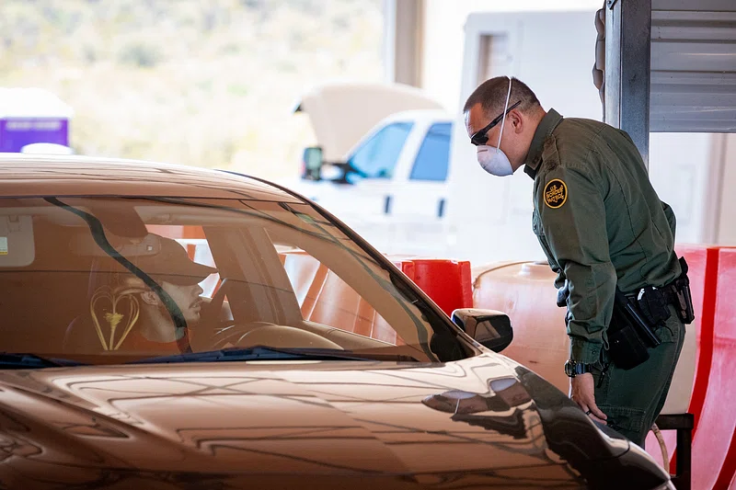
U.S. Customs and Border Protection (CBP) has issued new guidelines directing agents to stop discarding migrants' personal belongings, following hundreds of complaints criticizing the agency for failing to return items such as medicine, clothing, cell phones, cash, and identity documents.
The directive now classifies legal documents, contact information, and religious items as "essential personal property" that cannot be confiscated. Phones, cash, medical documents, and items of sentimental value must be stored, with migrants receiving written instructions on how to retrieve them.
The new CBP directive incorporates Government Accountability Office (GAO) recommendations to improve handling personal property and provide instructions for retrieval. It allows migrants to keep belongings depending on a facility's capacity, safety considerations, and transportation limitations. However, items deemed health hazardous, such as filthy clothing, may still be discarded.
The policy change follows a GAO report from April, which documented numerous cases where migrants never received personal items taken from them and suggested clearer guidance for officials:
"According to Border Patrol headquarters officials, field locations interpret the guidance differently because it does not define key terms and concepts. Border Patrol headquarters also does not monitor implementation of guidance at the field level. By issuing clarifying guidance on handling personal property and developing and implementing a mechanism to monitor its implementation, Border Patrol would be better positioned to ensure personal property is handled consistent with agency guidance."
The American Civil Liberties Union (ACLU) welcomed the changes but expressed concerns about the reach of the guidance:
"The new policy's scope appears to be limited to short-term holding facilities, leaving open the possibility that some Border Patrol officials will continue forcing migrants to discard essential belongings before they are brought into formal processing. The ACLU and partners will continue to advocate with CBP for clearer, stronger standards in these areas."
In February, the ACLU reported that CBP policies failed to ensure humane treatment of migrants and their belongings, citing hundreds of confiscations of essential items including a migrant who was forced to throw away his father's ashes and a mother of two who was forced to turn in her 5-year-old daughter's medications for epilepsy.
© 2024 Latin Times. All rights reserved. Do not reproduce without permission.







